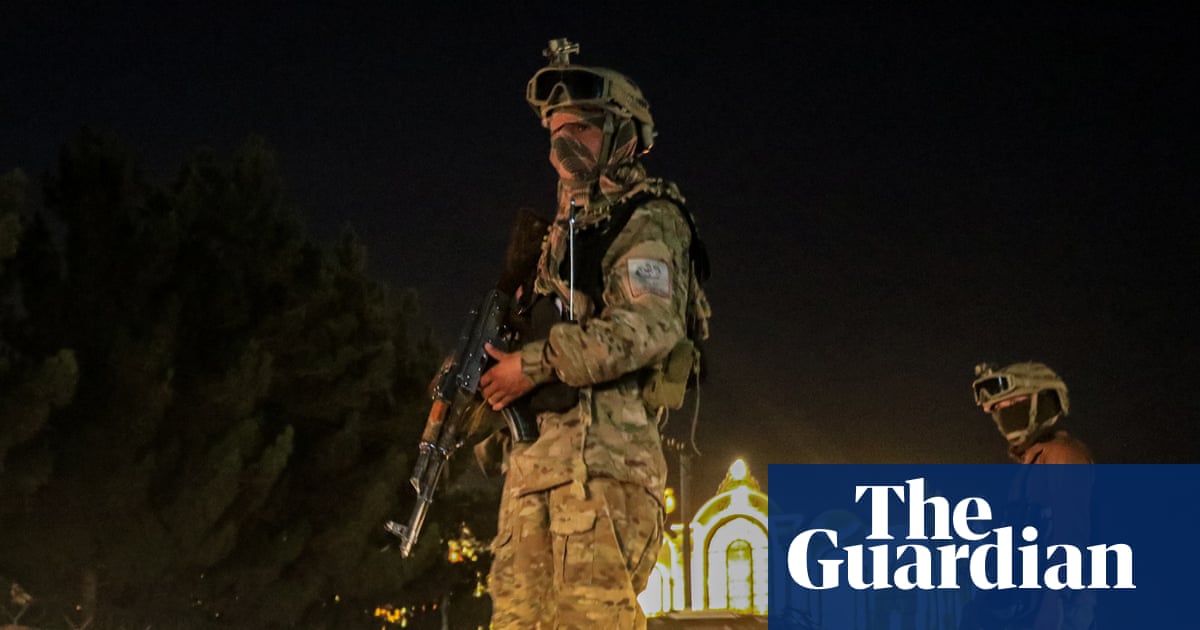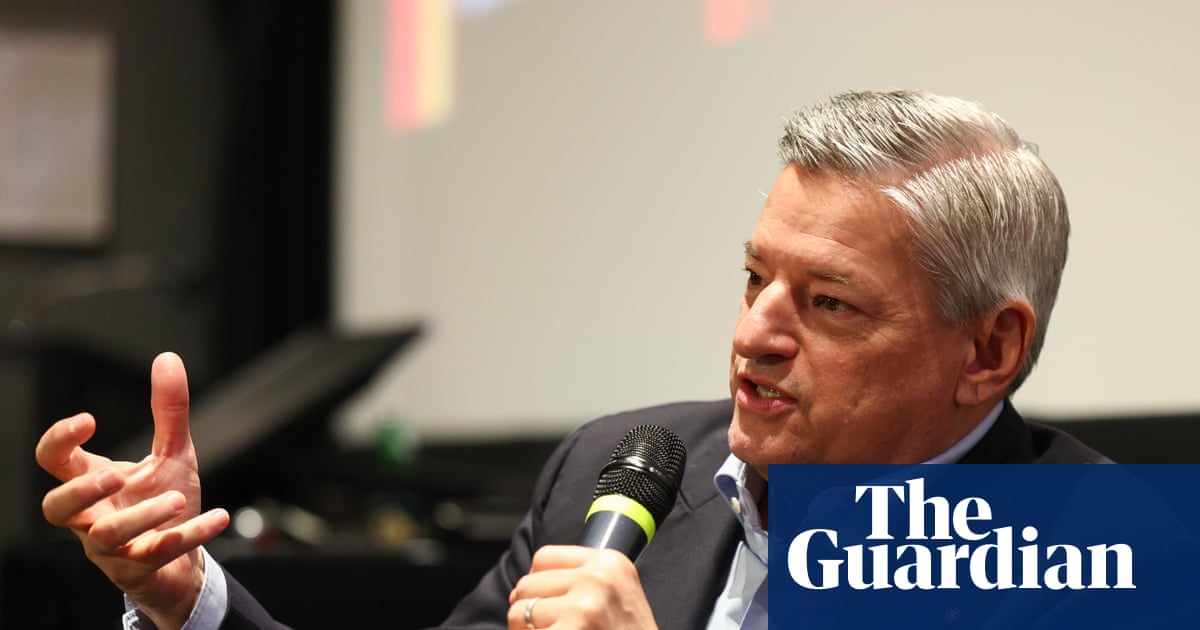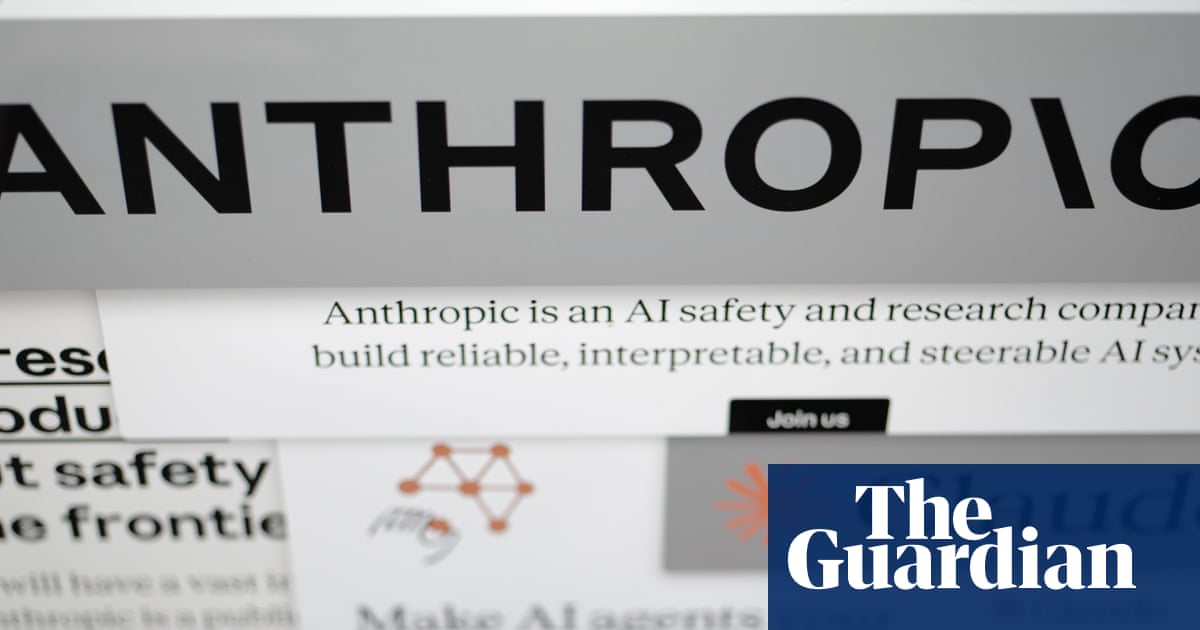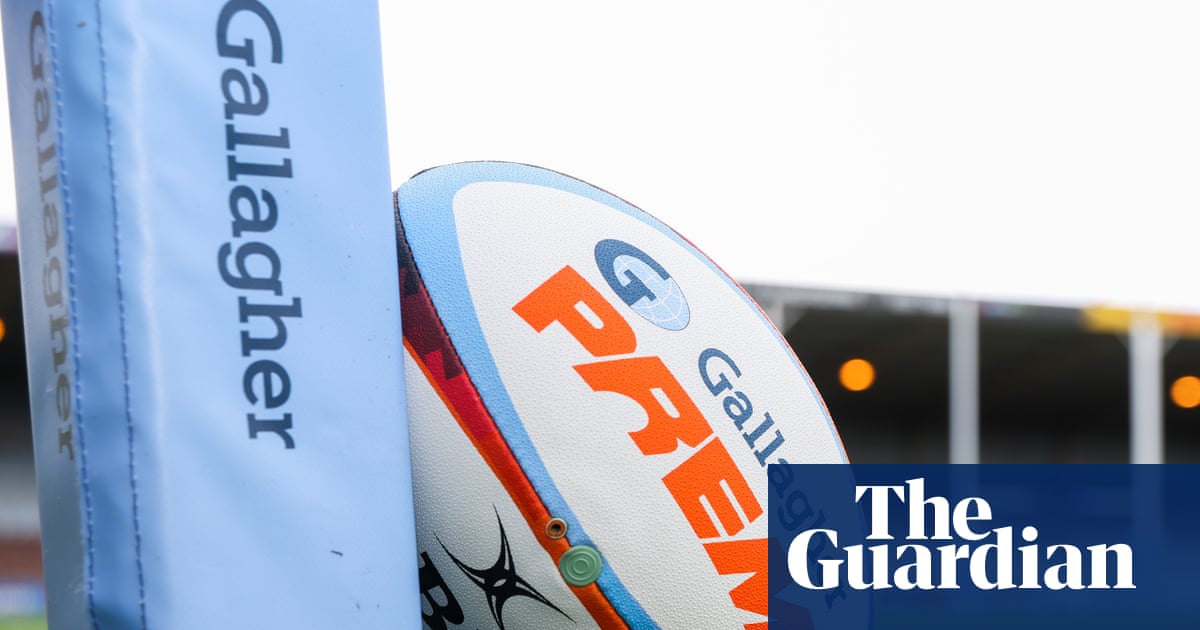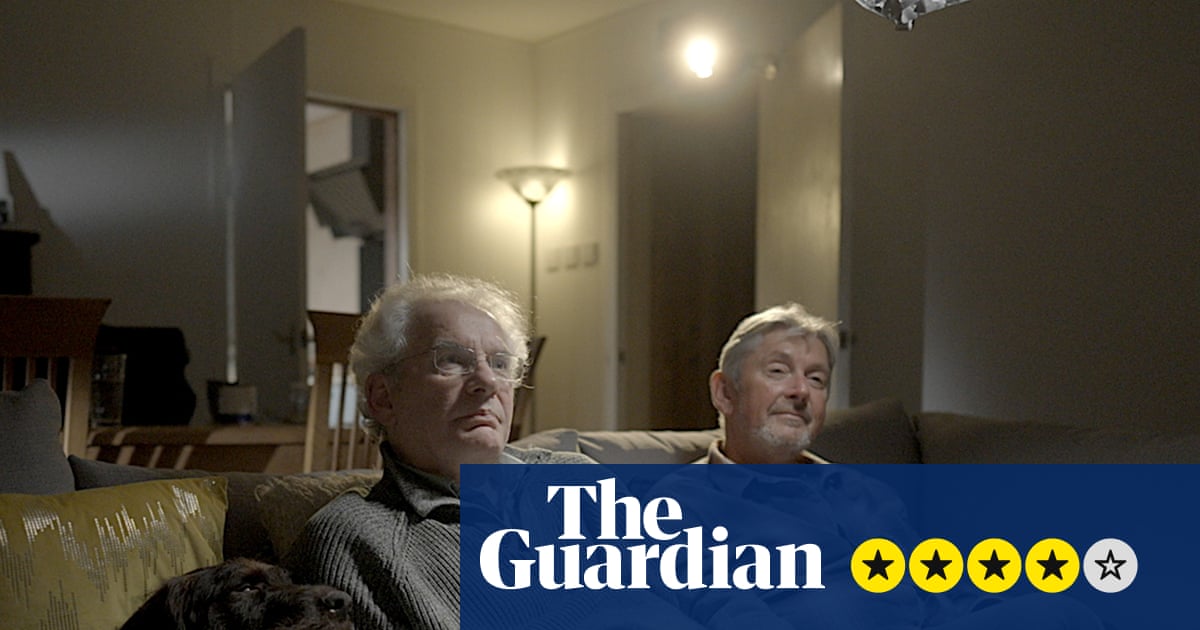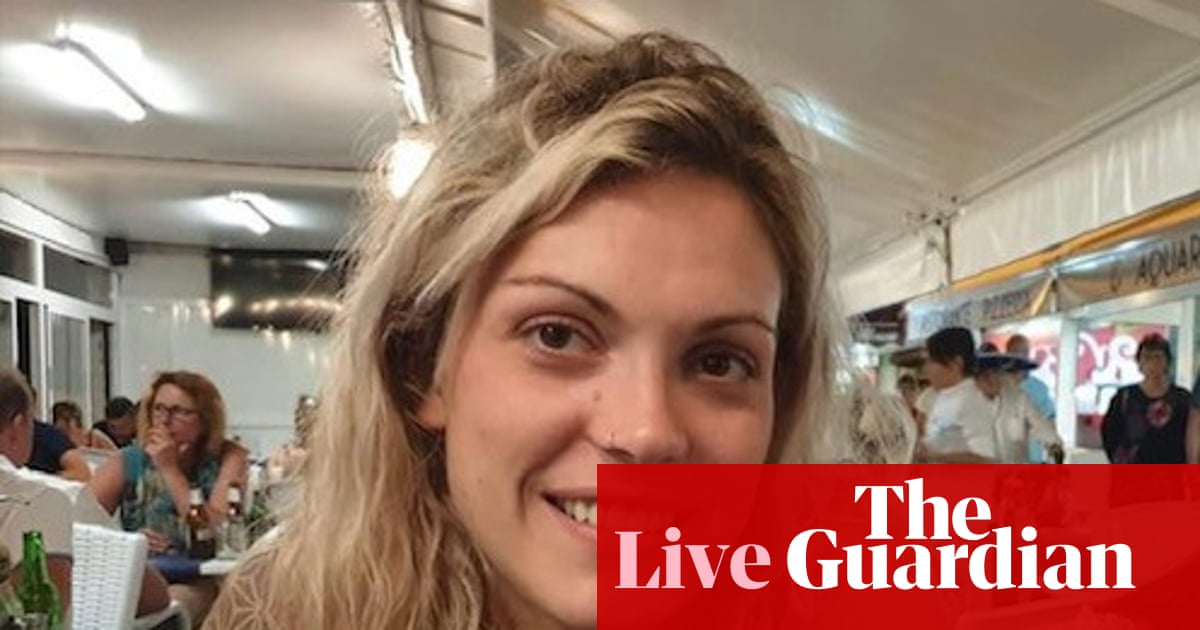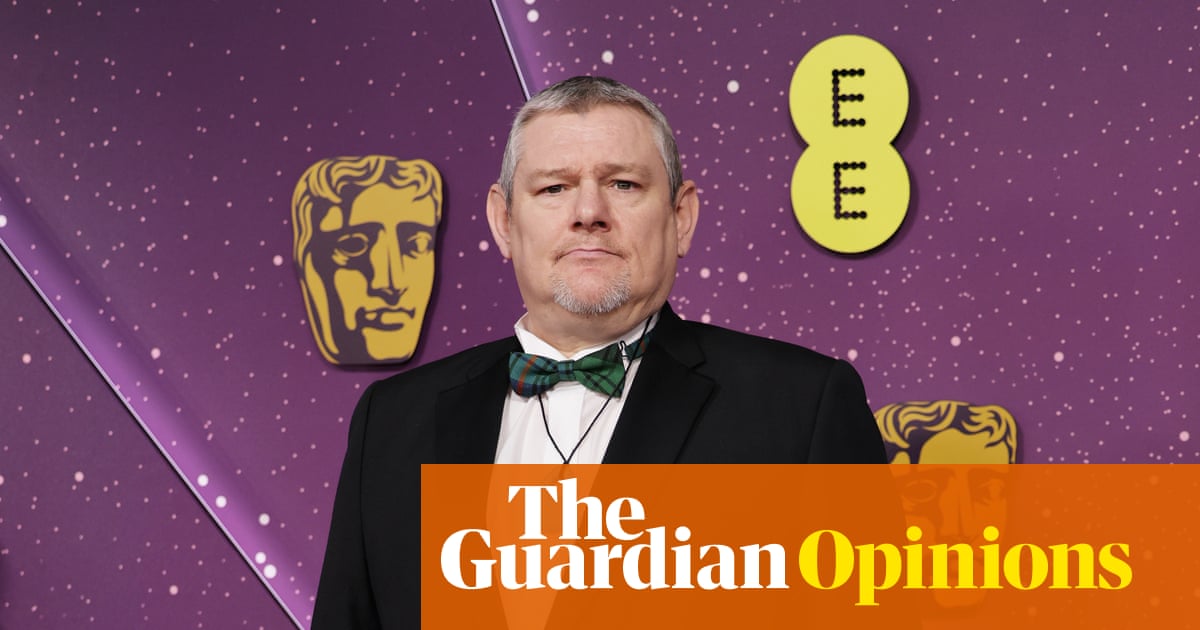The pioneering actor and writer Nabil Shaban, who has died aged 72, co-founded the theatre company Graeae in the 1970s, which is now a firmly established platform for deaf, disabled and neurodivergent performers.
Shaban was born with osteogenesis imperfecta (commonly known as brittle bone disease), a genetic disorder that compromised the formation of his limbs, resulting in him being a lifelong wheelchair user. Finding little chance to pursue his own ambitions as an actor, Shaban, a self-described “natural-born rebel with an acting bug, who refused to take no for an answer”, set up Graeae (pronounced “grey-eye”) with a colleague, Richard Tomlinson, in order to challenge perceptions of disability. The name came from the ancient sisters from Greek mythology with one eye and one tooth between them. Shaban said: “We needed a name that was connected to mythology, to the breaking up of myths and misconceptions.”
Getting the company off the ground took several years of planning and hustling: its first production, Sideshow, went to the US and then Canada in 1980. Using the designation of 1981 as International Year of Disabled Persons to grab some attention, Graeae became established as a professional company, gaining traction from a BBC Arena documentary broadcast that year, and Arts Council funding.
The company’s work was much like Shaban himself: pioneering, challenging, acerbic, abrasively funny, and resistant to any idea of disabled performers being lauded for perceived bravery – he wanted them to be given work on the strength of their ability alone, not as the recipients of pity or providers of inspiration.
Once it was firmly established he enjoyed success away from Graeae: for the Royal Court he played Haile Selassie in Jonathan Miller and Michael Hastings’s The Emperor (1987) and Tower Man in Gregory Motton’s Downfall, (1988), suspended in a tin bath and caustically commenting on the bleak events below. For Cleveland theatre company he was a pesky, cunning, provocative Hamlet (1988) – a needling subversive, obtusely picking his toenails with his rapier.
After his favourite Graeae role – Volpone in Flesh Fly (1996), an adaptation of Ben Jonson’s play – he was in Tim Supple’s production of Salman Rushdie’s Haroun and the Sea of Stories at the National Theatre (1998), returning there for Ibsen’s Emperor and Galilean (2011) and Peer Gynt (2019). In 2014-15 he fulfilled a lifelong ambition to play Asdak in The Caucasian Chalk Circle, for Unicorn theatre.
In 1984 he was cast in the TV series Doctor Who as the gruesome alien slug Sil, a slimy embodiment of capitalism who slurped down “marsh minnows” (in reality peaches dyed green) with relish. Shaban infused Sil with a grotesque charm and memorable, gurgling laugh: a plausible, despicable villain it was somehow impossible to hate. The programme’s most successful creation of the 1980s, the character returned for a TV rematch and various spin-offs.
Shaban’s other screen credits included Derek Jarman’s Wittgenstein (1993), Roland Joffé’s City of Joy (1992), and Alfonso Cuarón’s Children of Men (2006).
He was born in Amman, Jordan, the eldest of four children of Mohammed Sha’ban, who was in the Jordanian military, and his Turkish wife, Naziha Issa. Thanks to the efforts of the King of Jordan, Nabil’s family moved to Britain in 1956 so that he could access specialist treatment at St Mary’s hospital in Carshalton, south London.
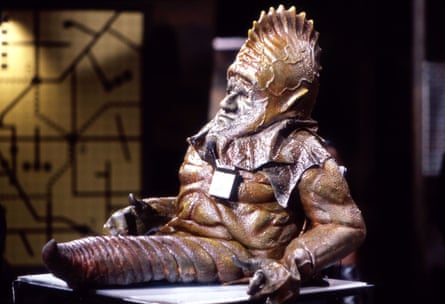
In 1965 his father died and his mother returned to Jordan, leaving Nabil and his sister Jazz (also born with brittle bone disease) in the care system, without any contact with the rest of the family for many years. At Penhurst National Children’s Home in Chipping Norton, Oxfordshire, where he felt the education was substandard, Nabil became a voracious reader who put on plays and wrote sketches. He enjoyed music and painting, too, almost as much as butting heads with authority. “I like to stand up for the underdog,” he said.
He attended Derwen specialist college in Shropshire, doing two or three plays a year there, but by the age of 16 he had been turned down by every major drama school and was even barred from taking part in amateur dramatics summer schools because of his disability.
In 1972, he applied to study for an Ordinary National Diploma in Business at Hereward College in Coventry. Tomlinson was on the interview panel and took an interest in him, encouraging his theatrical aspirations, and this was the genesis of Graeae, which he and Tomlinson continued to formulate even when Shaban went to Surrey University in 1975 to study psychology, philosophy and sociology.
Although Shaban eventually left Graeae to work further afield, he remained a patron, albeit one who was angry that the company was still needed.
The many television documentaries he made or contributed to about disability and representation included the award-winning The Skin Horse (co-written with Nigel Evans, 1983).
Among his published works were a book of poetry and artwork, Dreams My Father Sold Me (2005), a play, The First to Go (2007), and the novels The Ripper Code (2008), Diary of the Absurd (2012), and The Saga of Ivarr the Boneless (2022), the last of these about a real disabled Viking warrior.
In 1997 Shaban was awarded an honorary doctorate by the University of Surrey in recognition of his work for disability rights and awareness. The Graeae and National Theatre actor Simon Startin observed: “Before Nabil there was no conspicuous disability on TV or stage. It was Nabil with his ferocious self-belief and activism who changed that.”
Asked in 2002 by the Guardian how he would like to be remembered, Shaban said: “As someone who tried to make the world a happier place.”
He married his partner of many years, Marcela Krystkova, in 2016. She survives him, as do a son, Zenyel, from an earlier relationship with Tina Leslie, and his siblings, Suzan, Ahmed and Jazz.

.png) 3 months ago
97
3 months ago
97

